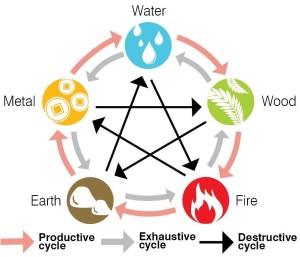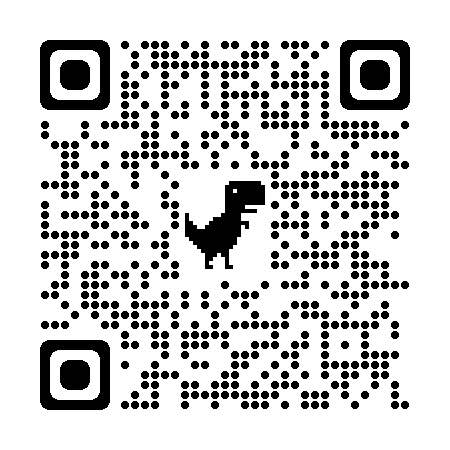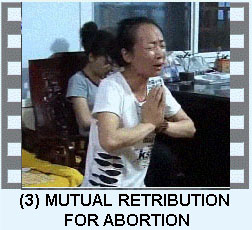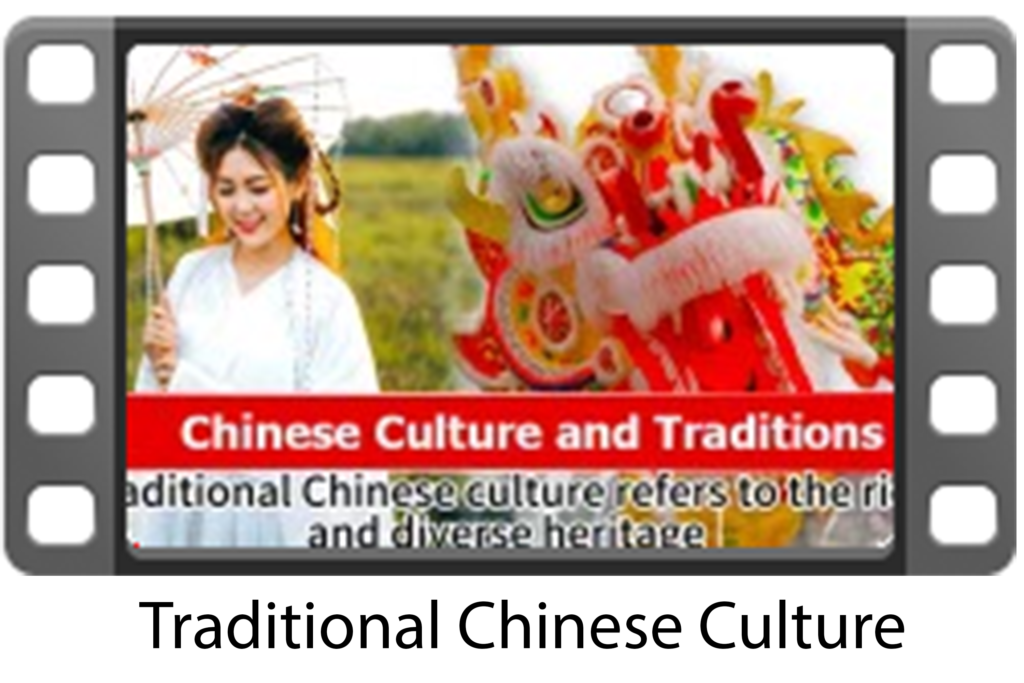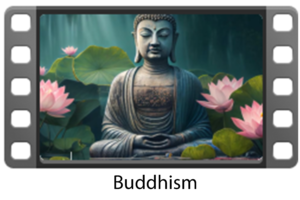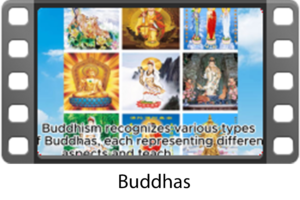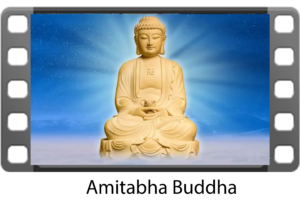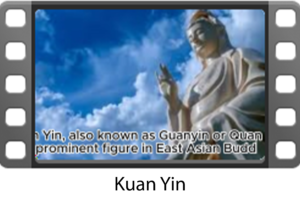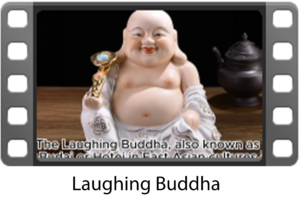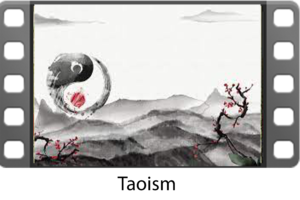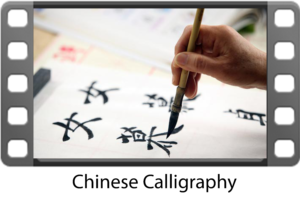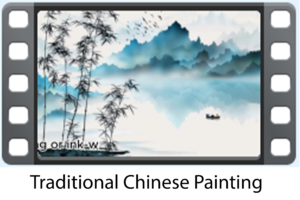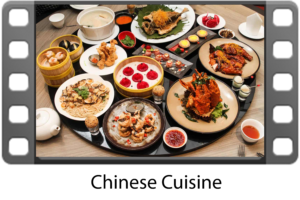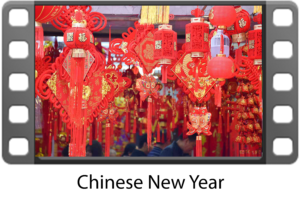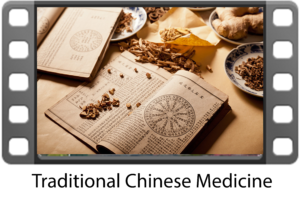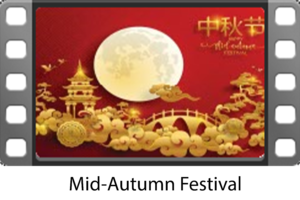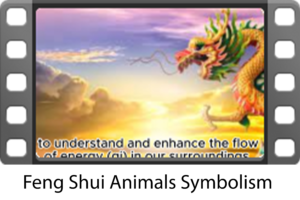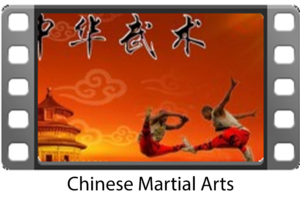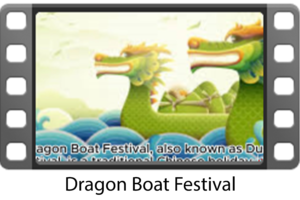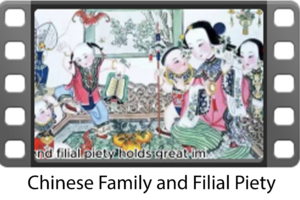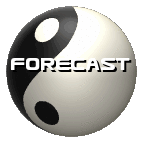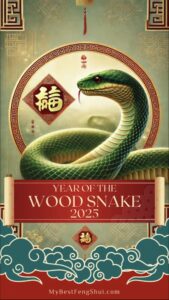Testimonial

I met Patricia back in 2012 and since we had our first reading with her, we’ve been consulting her for our annual reading before the Chinese New Year. We value her advice as those became our guidance. Also, having her do the feng shui in my apt, makes the energy in my home feel balanced. I’m always grateful to have met such a wonderful blessing to us for sharing her exceptional gift to everyone. K. Munar

I want to take this opportunity to thank you for your invaluable guidance and advice. You have become an important part of our lives. Your accurate readings and wise advice have helped us through some hard times. Thank you for being a positive influence. You have become not only advisor but a friend. E. Fernando

I met Patricia over a casual encounter a long time ago. Over the years, she became a great friend and adviser. Patricia’s is very open and given. Her training and guidance, whether destiny reading or Feng Shui have helped me in happy times and though times. For example, I like to feel prepared, so at least annually, Patricia and I sit down and see what lies ahead for the year and discuss how to optimize the good aspects and neutralize the negative aspects. Patricia has performed Feng Shui in my apartments and helped me harmonize the flow of energy for a peaceful environment. You are the best Patricia, Gigi C

I met Master Pat Chee in 2009. At that time, I was having a marital and financial problem. I had a destiny reading and she gave me good advice’s on how to deal with all my problems. She also feng shui my house and it was unbelievable my life changed for the better. I recommended all my family, friends and coworkers who needed help and they were all satisfied with her reading. Master Pat Chee is the best feng shui and destiny reader, I give her an excellent recommendation, thumbs up! Beth Manalo

Dear Patricia I couldn’t have gotten this far without you and your guidance and prayers so thank you tremendously from the bottom of my heart You are the real definition of a god sent! Cindy Dario

The Record of Karma & Retribution
These karma videos recorded by the Dabei Ancient Temple are karma education materials with images. They are not arranged or fabricated, nor are the Dabei Ancient Temple engaged in ghosts or immortal possessions. They are all karma phenomena caused by the good and evil karma of sentient beings. This is a true manifestation of the karma taught in Buddhism. Currently, Buddhist students and the general public do not believe in this retribution of good and evil, so we recorded it to alert the public and reveal the true truth of karma.
Dabei Ancient Temple is a Pure Land Buddhist dojo where you can implement the three blessings of pure karma, firmly believe in cause and effect, generate bodhicitta, and become a Buddha by chanting Buddha’s name.

Feng Shui Consultation
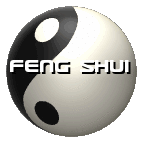
Feng Shui is a traditional Chinese practice that aims to harmonize individuals with their environment to promote positive energy flow and overall well-being. The term “feng shui” translates to “wind and water,” reflecting the belief that the flow of these natural elements can impact human life.
The fundamental principle of Feng Shui is that everything in the universe is connected and influenced by the flow of energy, known as “qi” or “chi.” The goal of Feng Shui is to enhance the balance and flow of this energy in order to create a harmonious and supportive environment.
Feng Shui takes into account various factors, including the arrangement of furniture, the placement of objects, and the use of color and materials in a space. It emphasizes the importance of creating a space that is organized, clutter-free, and aesthetically pleasing. By doing so, it is believed that positive energy can be enhanced, leading to improved health, relationships, and overall prosperity.
Some common elements and practices in Feng Shui include:
- Bagua: A Feng Shui energy map that divides a space into nine areas representing different aspects of life, such as wealth, career, relationships, and health.
- Five Elements: Wood, Fire, Earth, Metal, and Water are considered the five elements in Feng Shui. Each element has specific qualities and is associated with different colors, shapes, and materials. Balancing these elements in a space is believed to promote harmony.
- Yin and Yang: Yin represents passive and calming energy, while Yang represents active and energizing energy. Achieving a balance between these two polarities is essential in Feng Shui.
- Clearing Clutter: Clutter is believed to obstruct the flow of energy. Clearing and organizing spaces is a key practice in Feng Shui to promote positive energy flow.
- Placement and Arrangement: The positioning of furniture, objects, and structures in a space is important in Feng Shui. It considers factors such as the direction, shape, and materials to optimize energy flow.
Feng Shui is commonly used in interior design, architecture, and urban planning to create spaces that are not only visually appealing but also promote a sense of well-being and harmony. While it is rooted in ancient Chinese philosophy, Feng Shui principles have gained popularity worldwide as a means to create balanced and positive living and working environments.
A Feng Shui consultation is a service provided by a Feng Shui practitioner or consultant to help individuals or businesses optimize the energy flow in their living or working spaces. Feng Shui is an ancient Chinese practice that focuses on harmonizing the environment to enhance well-being, attract positive energy, and promote balance and prosperity.
During a Feng Shui consultation, the consultant typically visits the space and assesses various factors, such as the layout, orientation, furniture placement, colors, and overall energy flow. They consider the principles of Feng Shui, which involve the interaction between the five elements (wood, fire, earth, metal, and water), the concept of yin and yang, and the Bagua map, which divides the space into different areas representing different aspects of life.
Based on their analysis, the consultant provides recommendations and suggestions to optimize the energy flow in the space. This may involve rearranging furniture, adding or removing objects, using specific colors, incorporating natural elements, or making other adjustments to create a more harmonious and balanced environment.
The goal of a Feng Shui consultation is to create a space that supports the well-being and goals of the individual or business. It is believed that by aligning the energy in the environment, one can enhance various aspects of life, such as health, relationships, career, and overall prosperity.
It’s important to note that while Feng Shui has a long history and is practiced by many, its effectiveness is subjective and varies from person to person. Some people find it beneficial and experience positive changes, while others may not notice significant effects
Traditional Chinese Culture

Traditional Chinese culture refers to the collective values, beliefs, customs, practices, arts, and social norms that have been passed down through generations in China. It encompasses a wide range of aspects, including philosophy, religion, literature, art, music, cuisine, etiquette, and social structures. Rooted in ancient Chinese history and influenced by Confucianism, Taoism, and Buddhism, traditional Chinese culture places importance on harmony, filial piety, respect for elders, and maintaining social order. It is characterized by its rich heritage, symbolism, symbolism, emphasis on balance, and holistic worldview. Traditional Chinese culture has had a profound impact on various aspects of Chinese society, including language, education, family dynamics, festivals, and rituals.
Tai Sui & Zodiac Story
The Chinese zodiac, also known as Shengxiao, is a classification system based on a 12-year cycle, with each year represented by an animal sign. The zodiac is widely used in Chinese culture and astrology to determine personality traits, compatibility, and predict future events.
The 12 animal signs of the Chinese zodiac are:
- Rat: Those born in the Year of the Rat are considered clever, adaptable, and resourceful.
- Ox: People born in the Year of the Ox are believed to be diligent, dependable, and methodical.
- Tiger: Those born in the Year of the Tiger are thought to be courageous, competitive, and confident.
- Rabbit (or Cat): People born in the Year of the Rabbit (or Cat) are considered gentle, sensitive, and compassionate.
- Dragon: Those born in the Year of the Dragon are believed to be ambitious, charismatic, and powerful.
- Snake: People born in the Year of the Snake are thought to be wise, intuitive, and elegant.
- Horse: Those born in the Year of the Horse are considered energetic, independent, and adventurous.
- Goat (or Sheep): People born in the Year of the Goat (or Sheep) are believed to be gentle, artistic, and harmonious.
- Monkey: Those born in the Year of the Monkey are thought to be intelligent, witty, and playful.
- Rooster: People born in the Year of the Rooster are considered observant, hardworking, and confident.
- Dog: Those born in the Year of the Dog are believed to be loyal, honest, and protective.
- Pig (or Boar): People born in the Year of the Pig (or Boar) are thought to be kind, generous, and easygoing.
Each animal sign is also associated with one of the five elements—wood, fire, earth, metal, or water—creating a 60-year cycle. This combination of animal signs and elements is used to provide further insight into an individual’s character and fortune within the Chinese zodiac system.
Zodiac Story
The myth behind the Chinese zodiac
The Chinese zodiac story is a legend that explains the origins of the 12 animal signs in the Chinese zodiac. The story goes as follows:
Long ago, the Jade Emperor, the ruler of the heavens, wanted to find a way to measure time and organize the animal kingdom. He decided to hold a great race and invited all the animals to participate. The first 12 animals to cross the finish line would be given a place in the zodiac, and their order would determine the years they would represent.
On the day of the race, the animals gathered at the starting line. The clever Rat, knowing that it was not a strong swimmer, approached the powerful Ox and asked for a favor. The Rat asked if it could ride on the Ox’s back and promised to repay the Ox’s kindness later. The Ox, being kind-hearted, agreed, and they set off together.
As they reached the river that marked the finish line, the Rat saw the opportunity to win. Just as the Ox was about to step onto the shore, the Rat leaped off its back and crossed the finish line first. The Ox finished in second place, unaware of the Rat’s trickery.
Soon after, the powerful Tiger arrived, having swum across the river. The Jade Emperor welcomed the Tiger as the third animal in the zodiac. The next animals to arrive were the Rabbit, who hopped across the river on steppingstones, and the Dragon, who was delayed because it stopped to help a village suffering from a drought. The Dragon’s act of kindness resulted in being named the fifth animal in the zodiac.
The other animals followed in the order they arrived: the Snake, the Horse, the Goat (sometimes referred to as the Sheep), the Monkey, the Rooster, the Dog, and finally, the Pig. Each animal was granted a position in the zodiac based on their performance in the race.
The story of the Chinese zodiac teaches various moral lessons, such as the value of intelligence and resourcefulness (demonstrated by the Rat), the importance of kindness (shown by the Dragon), and the significance of perseverance and cooperation (as demonstrated by the Ox). These animal signs are believed to influence a person’s personality traits and determine their compatibility with others based on the year they were born.
=======================================================================================================================================
About Tai Sui
Tai Sui, also known as the Grand Duke Jupiter or Grand Commander of the Year, is a concept in Chinese astrology and Taoist belief. It is believed to be a celestial deity responsible for the energy or influence of a particular year. According to the Chinese zodiac, each year is associated with one of the 12 animal signs, and one of the animal signs is said to offend or clash with the Tai Sui.
In Chinese culture, it is believed that Tai Sui is a powerful and influential deity who governs the energy of a specific year. The presence of Tai Sui can bring both positive and negative effects on individuals depending on their zodiac sign. It is believed that if a person’s zodiac sign clashes with Tai Sui in a particular year, they may experience bad luck, obstacles, or misfortunes.
To appease Tai Sui and mitigate any potential negative effects, people often observe certain rituals and practices. These may include making offerings, wearing specific colors or accessories, and avoiding certain activities or directions that are believed to offend Tai Sui. Many individuals also seek spiritual guidance from Taoist priests or astrologers to understand and navigate the influence of Tai Sui in their lives.
It’s important to note that beliefs and practices related to Tai Sui are predominantly followed in Chinese culture, particularly during the Lunar New Year and throughout the corresponding zodiac year.
![]()

Feng Shui Office
Feng shui office refers to the practice of arranging and organizing an office space according to the principles of feng shui, an ancient Chinese system of aesthetics and spatial arrangement. The goal of feng shui is to create a harmonious and balanced environment that promotes positive energy flow, productivity, and well-being.
Here are some key principles of feng shui office design:
- Placement of the desk: Position your desk in the “commanding position,” which means placing it diagonally across from the entrance of the room, allowing you to see the door. This placement symbolizes a sense of control and awareness.
- Clutter-free space: Keep your office space clean and organized, as clutter can obstruct the flow of energy. Use storage solutions to keep items out of sight and maintain a tidy workspace.
- Balanced layout: Arrange furniture and objects in a way that promotes balance and harmony. Avoid placing heavy or large objects in one area, as it can create an imbalance. Maintain an open and spacious layout to allow energy to flow freely.
- Natural light and plants: Incorporate natural light as much as possible. Natural light is believed to enhance positive energy. Additionally, introduce indoor plants to bring nature into the office and improve air quality.
- Color choices: Select colors that support your specific intentions and the type of work you do. Generally, light and neutral colors are recommended for creating a calm and soothing atmosphere. However, different colors can be used strategically to stimulate creativity, focus, or other desired qualities.
- Symbolism and artwork: Choose artwork and decor that inspires and motivates you. Display images or objects that represent your goals and aspirations. However, avoid displaying any negative or depressing imagery.
- Proper positioning of equipment: Position your computer, printer, and other office equipment in a way that promotes comfort and efficiency. Ensure that your chair, desk, and computer screen are ergonomically positioned to support good posture and reduce strain.
These are just a few general principles of feng shui office design. Keep in mind that feng shui is a complex and intricate practice with different schools of thought and interpretations. It is advisable to consult with a professional feng shui practitioner if you want to create a fully customized and optimized feng shui office space.
Feng Shui Home
Feng Shui is an ancient Chinese philosophical system that focuses on harmonizing individuals with their environment. Feng Shui home refers to the practice of applying Feng Shui principles and techniques to create a balanced and harmonious living space.
In Feng Shui, it is believed that the arrangement and orientation of objects within a home can affect the flow of energy, or “Qi,” which can in turn influence various aspects of one’s life, including health, relationships, and prosperity. By optimizing the energy flow, a Feng Shui home aims to create a supportive and positive environment.
Here are some key principles and elements often considered in Feng Shui home design:
- Qi flow: The main objective is to allow the free flow of positive energy throughout the space. This involves decluttering, organizing, and ensuring unobstructed pathways.
- Five elements: Feng Shui incorporates five elements—wood, fire, earth, metal, and water—representing different energies. Balancing these elements in the home can enhance harmony and well-being. For example, using plants (wood element) or candles (fire element) can bring in vibrant energy.
- Bagua map: The Bagua is a Feng Shui energy map used to analyze different areas of a home and their corresponding life aspects. Each area relates to specific aspects like wealth, relationships, career, and health. Adjustments can be made based on the Bagua to enhance the energy in those areas.
- Yin and Yang: Striking a balance between the Yin (passive) and Yang (active) energies is important. Balancing light and dark colors, soft and vibrant textures, and curved and straight lines can help create harmony.
- Furniture placement: Arranging furniture in a way that promotes a good flow of energy is crucial. Positioning beds, desks, and seating in the “commanding position,” which allows a view of the door while being supported by a solid wall, is considered favorable.
- Color selection: Colors can have different energies and affect mood. Choosing appropriate colors based on the purpose of each room and the desired energy can contribute to a harmonious atmosphere.

It’s important to note that Feng Shui is a complex and nuanced system, and individual preferences and cultural considerations may vary. Consulting with a professional Feng Shui practitioner can provide personalized guidance for optimizing the energy flow in your home.
Destiny Reading
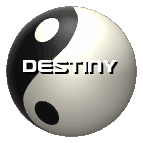
Chinese destiny reading, also known as Chinese astrology or Ba Zi (Eight Characters), is a traditional practice in Chinese culture that aims to provide insight into a person’s character, destiny, and life path based on their birth date and time. This practice is rooted in the belief that the cosmic energies present at the time of a person’s birth can influence their personality traits, strengths, weaknesses, and life events.
Key components of Chinese destiny reading include:
-
Four Pillars of Destiny: The foundation of Chinese destiny reading lies in the Four Pillars of Destiny, also known as the Eight Characters or Ba Zi. These pillars are derived from a person’s birth year, month, day, and time, each represented by two characters. The combination of these pillars forms a unique chart that serves as the basis for analysis.
-
Five Elements: Chinese destiny reading incorporates the five elements—wood, fire, earth, metal, and water—which are associated with various aspects of life and personality traits. Each element interacts with the others in complex ways, influencing the individual’s destiny and character.
-
Yin and Yang: Like many other aspects of Chinese philosophy, the concept of yin and yang plays a significant role in destiny reading. It is believed that balancing yin and yang energies within a person’s chart is essential for harmony and success in life.
-
Analysis and Interpretation: A Chinese destiny reader analyzes the Four Pillars chart to interpret the person’s character, strengths, weaknesses, potential challenges, and opportunities. This analysis may also include predictions about significant life events, career prospects, relationships, health, and wealth accumulation.
-
Feng Shui and Chinese Astrology: Chinese destiny reading is often closely linked with feng shui, the Chinese art of harmonizing the environment to promote well-being and prosperity. Practitioners may consider both a person’s individual destiny chart and the feng shui of their surroundings to provide comprehensive guidance..
